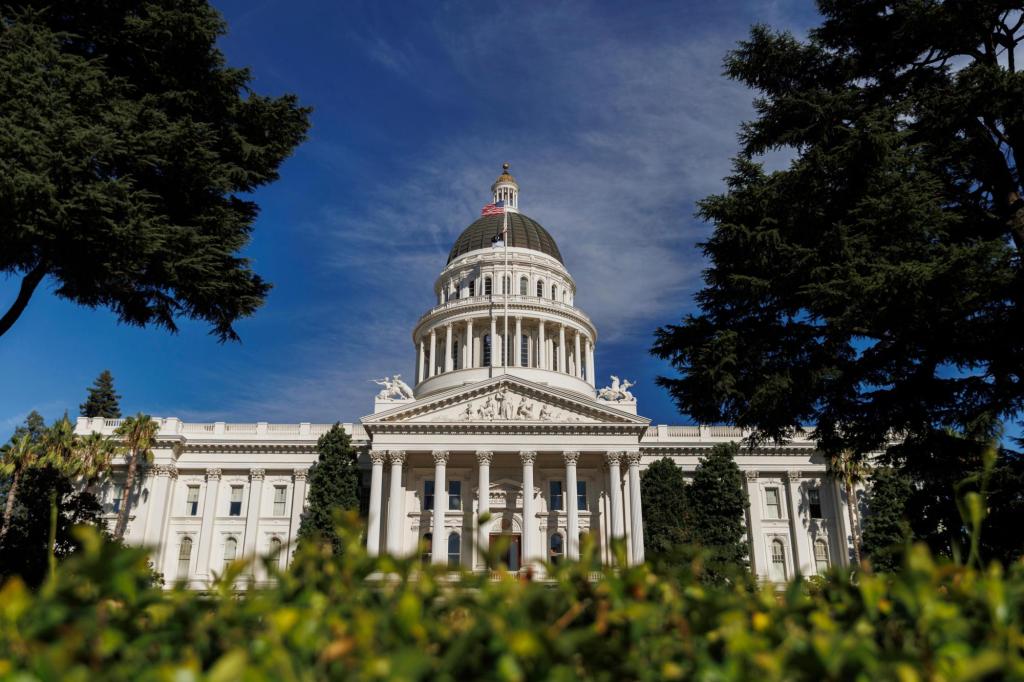
California children are already paying the price for a broken food system.
One in four Los Angeles County households struggle with food insecurity. California is the most expensive state in America for groceries and grocery bills have climbed to over $1,200 a month on average—leaving many parents forced to choose between price and nutrition. At our free farmers markets in the San Fernando and San Gabriel Valleys, I see it firsthand: kids going without healthy snacks, parents watering down meals, families skipping fruits and vegetables altogether.
In this crisis, California’s Legislature should be laser-focused on getting more healthy food to children. Instead, Assembly Bill 1264 does the opposite.
AB 1264 claims to protect students by banning “the worst of the worst ultra-processed foods.” But its definition is so broad it would apply to more than 70% of the grocery store—including affordable, nutritious staples like whole wheat bread, yogurt, fortified tortillas, canned beans, salsa, tofu, and even veggie burgers. The bill’s language is so broad it required an amendment to exclude raw produce – if your definition of “ultra-processed food” includes fresh fruits and vegetables, something is very wrong.
The contradictions are glaring. Chocolate and strawberry cow milk packed with sugars and additives get a pass. But canned vegetables, plant-based proteins, and other affordable, nutritious foods are labeled “ultra-processed” and cast as unhealthy. Creating a false binary of “good” and “bad” foods does nothing to address obesity, diabetes, or the very real challenges of our food system.
And the damage won’t stop at schools. By writing this problematic definition into law, AB 1264 paves the way for new restrictions on what families can buy with food assistance programs like SNAP and WIC, or for new taxes or labeling rules that could drive up costs. Low-income families—the very children most vulnerable to hunger and diet-related disease—will be the ones hit hardest.
I’ve spent 20 years working to improve children’s nutrition: teaching families to cook, running cooking camps that connect public school students to local produce, and hosting food pantries that put fresh fruits and vegetables into thousands of households every week. I also see this issue as a mom. My 4-year-old receives a free school lunch every day through LAUSD, and as both a parent and a chef, I’m deeply impressed by the quality and healthfulness of the meals she is served.
California’s universal school meals program is the most ambitious anti-hunger effort in the nation, and it proves what works: giving kids access to healthy meals at school. AB 1264 doesn’t build on that success. It undercuts it.
If lawmakers are serious about protecting children’s health, they should promote policies that expand access to fresh produce in every community by strengthening food assistance programs and making them easier to use, while investing in community-based food systems that bring healthy food closer to where people live and learn. AB 1264 does none of this.
California kids deserve better than a half-baked bill that limits choices for families. Lawmakers should reject AB 1264 and focus on policies that make sure every child grows up nourished, strong, and ready to thrive.
Elianna Friedman is the Program Director at Together We Thrive Food Bank. A graduate of the Culinary Institute of America, she has two decades of experience fighting food insecurity and empowering kids to develop healthy relationships with food. She is currently nominated for a Freshy Award for fighting for food justice.



